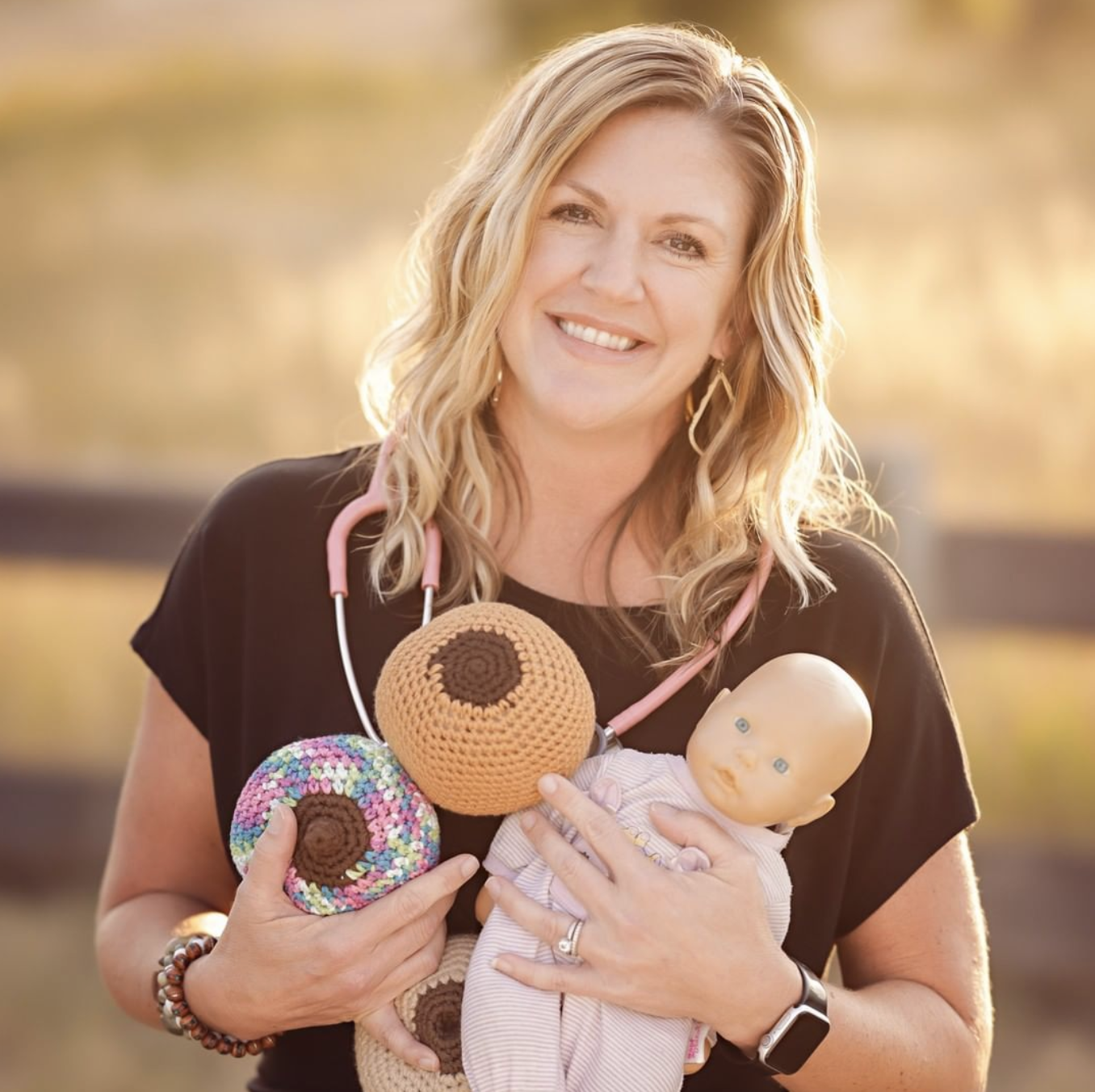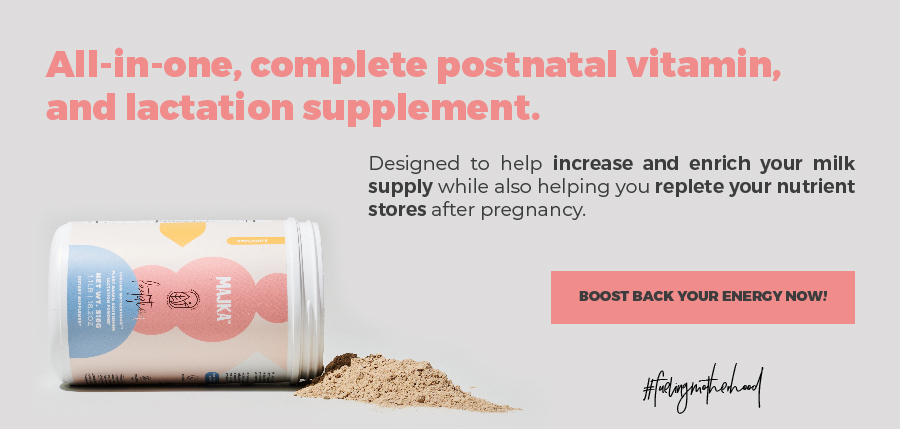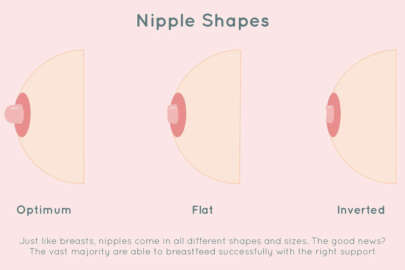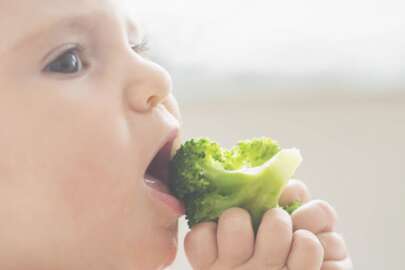
As if being a nursing mom wasn’t already a demanding experience, sometimes exposure to everyday viruses can cause you to catch a cold or a stomach flu that you weren’t anticipating. Becoming sick can come as a surprise, leading you to have questions regarding whether it is safe to continue breastfeeding while you’re sick or which safety measures you should be taking in order to keep your baby safe and lower the chances of transmission.
Next up, we will be guiding you through the basics of breastfeeding while sick, in order to give you clarity on the most common doubts. Here are some things you should take into consideration:
First of all, is it safe?
When you start feeling sick and have a newborn at home, you’re probably wondering if you should be spending time with your baby or not. Did you know that breastfeeding while sick can be actually more beneficial for your baby than if you don’t? Although being around your newborn means there is a chance of transmitting the virus, breast milk provides antibacterial and antiviral properties that can lower the chances of them contracting various infections, and if they do contract the virus, they are likely to recover faster.
Remember that breast milk, even when you are sick, is the best choice to feed your baby. It is always the best source of nourishment, as it not only gives them the nutrients they need for healthy development but it also provides them with antibodies and immunological properties that will help them grow strong and healthy.
When it comes to breastfeeding while sick, your own health is also important during this time, as you will need to feel well and rested to be able to take care of your little one. Ask for help from your family and friends if you feel too tired, sick or just don’t feel comfortable being in close contact with your baby. You may need to consider pumping to ensure your milk supply is not affected and to help drain your breasts to reduce the risk of inflammation, soreness and avoid developing plugged ducts that can lead to mastitis.
Can diseases pass through breast milk?
Viral and bacterial infections are rarely transmitted through breast milk. Breastfeeding is best for your baby since it does not increase risk of transmission for most diseases like colds or stomach flu. If you’re sick make sure to utilize good hygiene measures but do continue to breastfeed your baby.
Even though your milk supply does not pose a risk of transmission for most diseases, keep in mind that viruses that lead to more serious conditions can be passed through breast milk, such as CMV, HIV, and HTLV-1.
Be mindful of your own health, always tracking it and consulting with your healthcare provider to test for any suspicions of illness. Seek help from an expert if you have been diagnosed with any of the previously mentioned.
What about milk supply?
Catching the flu won’t directly affect the amount of milk you produce, although noticing a decrease in your milk supply can be expected for multiple reasons: it can be due to stress or tiredness, maybe you are not breastfeeding in a rhythm your body is used to or your body could be lacking fluids due to your symptoms.
A decrease in your milk supply caused by feeling ill should not last long. Here are some measures you can take in case it happens:
- Relax and get plenty of rest: anxiety and stress can lead to decreased supply.
- Pump frequently: this encourages milk production.
- Keep hydrated: liquids are vital for milk production and for your recovery.
- Self-care: nourish yourself with a balanced diet, exercise, and good sleep.
What medicine can I take?
Most of the over-the-counter remedies you can find in a drug store are typically not harmful to your baby, however, remember to always consult your doctor before taking any kind of medication. Keep in mind that components like pseudoephedrine, an antihistamine, although considered safe for breastfeeding may reduce your milk supply.
Some medication you can take – if your doctor agrees:
- Acetaminophen (Tylenol)
- Ibuprofen (Advil, Motrin)
- Antihistamines (Claritin, Benadryl) (may decrease milk supply)
- Decongestants with no pseudoephedrine (Afrin, Allegra, and others) (may decrease milk supply)
Avoid taking high-dose vitamins and certain supplements prior to seeking advice from your lactation consultant or doctor, as you could increase the risk of toxicity in your milk supply.
Lowering risk transmission
Finally, here are some important safety measures to consider when you are breastfeeding while you’re sick.
- Wear a face mask while holding your baby.
- Cover your mouth and nose with a tissue or your sleeve when you cough/sneeze.
- Wash your hands constantly with soap and water, especially if you’re handling your breast pump.
- Disinfecting surfaces to avoid the spread of disease.
Most importantly, observe your baby through the process; if you notice that your child starts developing symptoms or is less responsive than normal, get immediate help from your pediatrician.
Follow Breastfeeding 101 and receive more information about nursing moms and the best breastfeeding tips.
Kristen Howorko






